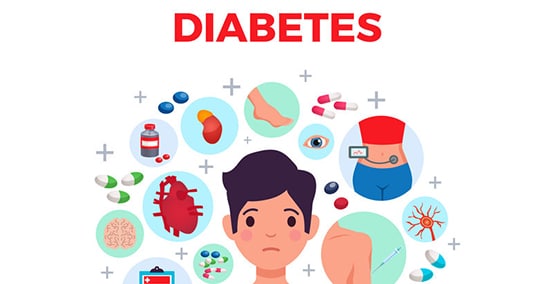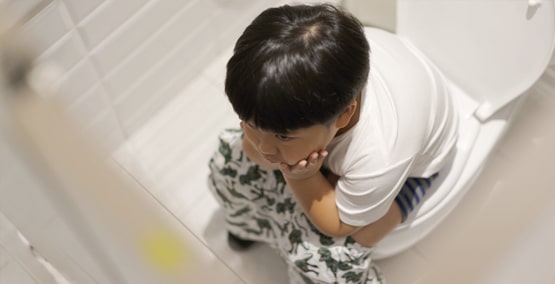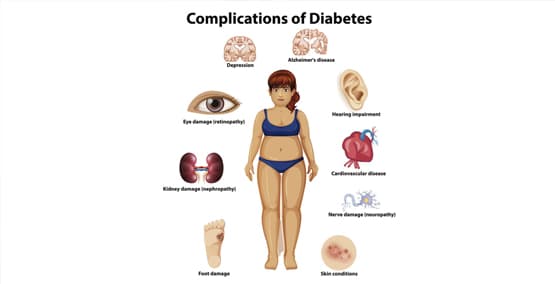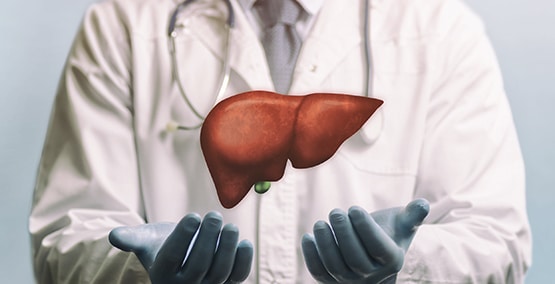
Intestinal complications in cystic fibrosis
A source of poor absorption and blockages
-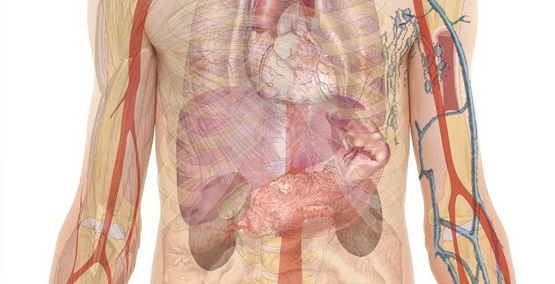
Children (and adults) with cystic fibrosis can have a variety of intestinal complications that can lead to poor absorption and/or blockages.
Meconium ileus is one of the most common intestinal problem in infants. It is a bowel blockage can even show up before birth or shortly afterwards.
Distal Ileal Obstructive Syndrome or DIOS is a condition where the intestine's contents are stuck at the bottom of the small intestine, near the large intestine, and close to the appendix. This can occur in as many as 17 percent of children with CF and it can recur, often showing up as severe pain.
Clostridium difficile (C. diff) infections can occur after lung infections are treated with repeated courses of antibiotics. The antibiotics can wipe out many of the good bacteria in the intestine, allowing C. diff to grow and cause an infection. Symptoms include pain, diarrhea and sometimes, blood in the diarrhea. Stool tests for C diff can detect this problem.
Intestinal inflammation has been seen in children and adults with CF. It often shows up as irregular intestinal motion (motility) and poor absorption that can't be fixed with PERT alone. Diagnostic stool tests or a pill camera can be used to identify this problem.
Bacterial Overgrowth or small intestinal bacterial overgrowth (SIBO), can cause further problems with motility and absorption. Breath tests are used to diagnose this problem.


